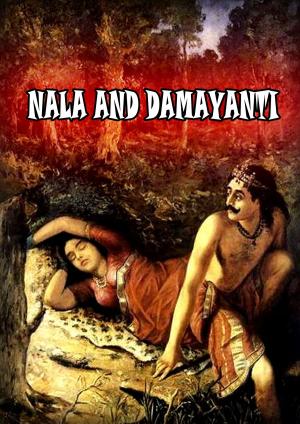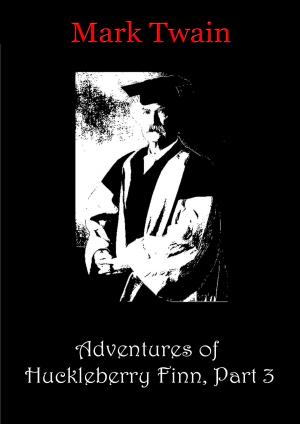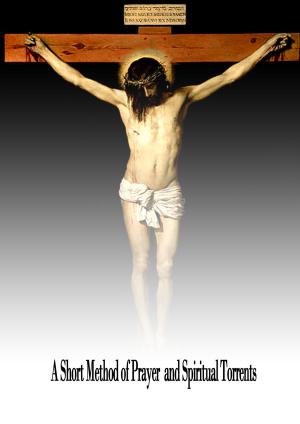| Author: | Ivan Turgenev | ISBN: | 1230000034801 |
| Publisher: | Zhingoora Books | Publication: | December 1, 2012 |
| Imprint: | Language: | English |
| Author: | Ivan Turgenev |
| ISBN: | 1230000034801 |
| Publisher: | Zhingoora Books |
| Publication: | December 1, 2012 |
| Imprint: | |
| Language: | English |
Christmas Summary Classics
This series contains summary of Classic books such as Emma, Arne, Arabian Nights, Pride and prejudice, Tower of London, Wealth of Nations etc. Each book is specially crafted after reading complete book in less than 30 pages. One who wants to get joy of book reading especially in very less time can go for it.
IVAN TURGENEV
Fathers and Sons
Among the great critics and great artists of every period, Ivan Sergeyvitch Turgenev occupies a supreme position. He was born at Oriel in the Government of the same name, on November 9, 1818, and died on September 3, 1883. His father was a colonel in a cavalry regiment, and an ancestor was a James Turgenev who was one of Peter the Great's jesters. Educated at Moscow, St Petersburg, and Berlin, Ivan Turgenev began life in a government office, but after a year retired into private life. His early attempts at literature consisted chiefly of poems and sketches, none of which attracted any degree of attention; and it was not until about 1847, upon the appearance of "A Sportsman's Sketches"--a series of stories depicting with startling realism the condition of the Russian peasant, that his name became known. About 1860 Ivan Turgenev, in common with many of the Russian writers of the period, found himself being carried away towards the study of social reform. In 1861 he produced "Fathers and Sons" ("Otzi i Dieti"), a story that stirred up a storm the suddenness of which is difficult to imagine in the light of recent events. Yet, curiously enough, Turgenev, ardent Liberal though he was, had no political motive whatsoever in view in writing his novel, his purpose simply being the delineation of certain types which were then, for good or for bad, making themselves a force in his country. The figure of Bazaroff, in regard to whom Turgenev gave a new interpretation of the word "nihilist," possesses few of the revolutionary ideas that are now generally associated with his kind. Young Russia greatly objected to the picture, and the author, who so far had been hailed as a champion of liberty, was now looked on as a reactionist. To the end, however, Turgenev persisted that Bazaroff represented a type as he saw it, and the portrait was neither a caricature nor entirely a product of the imagination.
Christmas Summary Classics
This series contains summary of Classic books such as Emma, Arne, Arabian Nights, Pride and prejudice, Tower of London, Wealth of Nations etc. Each book is specially crafted after reading complete book in less than 30 pages. One who wants to get joy of book reading especially in very less time can go for it.
IVAN TURGENEV
Fathers and Sons
Among the great critics and great artists of every period, Ivan Sergeyvitch Turgenev occupies a supreme position. He was born at Oriel in the Government of the same name, on November 9, 1818, and died on September 3, 1883. His father was a colonel in a cavalry regiment, and an ancestor was a James Turgenev who was one of Peter the Great's jesters. Educated at Moscow, St Petersburg, and Berlin, Ivan Turgenev began life in a government office, but after a year retired into private life. His early attempts at literature consisted chiefly of poems and sketches, none of which attracted any degree of attention; and it was not until about 1847, upon the appearance of "A Sportsman's Sketches"--a series of stories depicting with startling realism the condition of the Russian peasant, that his name became known. About 1860 Ivan Turgenev, in common with many of the Russian writers of the period, found himself being carried away towards the study of social reform. In 1861 he produced "Fathers and Sons" ("Otzi i Dieti"), a story that stirred up a storm the suddenness of which is difficult to imagine in the light of recent events. Yet, curiously enough, Turgenev, ardent Liberal though he was, had no political motive whatsoever in view in writing his novel, his purpose simply being the delineation of certain types which were then, for good or for bad, making themselves a force in his country. The figure of Bazaroff, in regard to whom Turgenev gave a new interpretation of the word "nihilist," possesses few of the revolutionary ideas that are now generally associated with his kind. Young Russia greatly objected to the picture, and the author, who so far had been hailed as a champion of liberty, was now looked on as a reactionist. To the end, however, Turgenev persisted that Bazaroff represented a type as he saw it, and the portrait was neither a caricature nor entirely a product of the imagination.
![Cover of the book Fathers and Sons [Christmas Summary Classics] by Ivan Turgenev, Zhingoora Books](https://www.kuoky.com/images/2012/december/500x500/1230000034801-RCyz_500x.jpg)
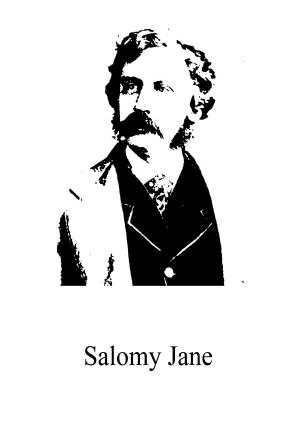
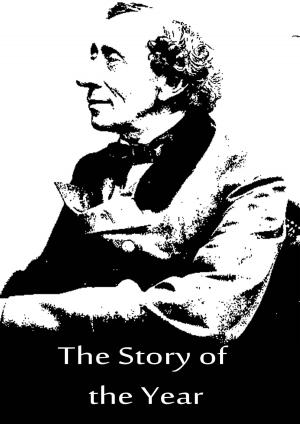
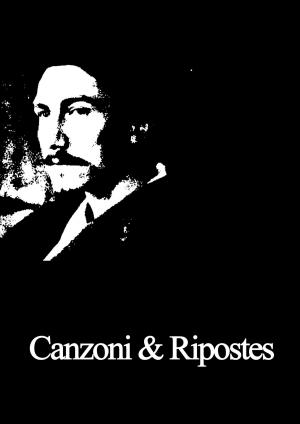
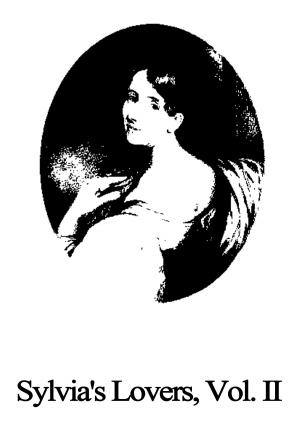
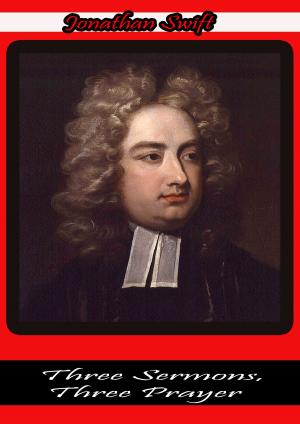

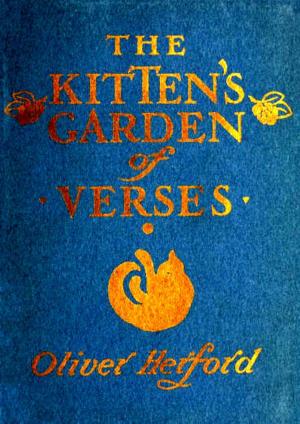
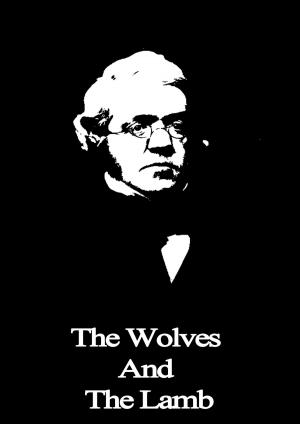

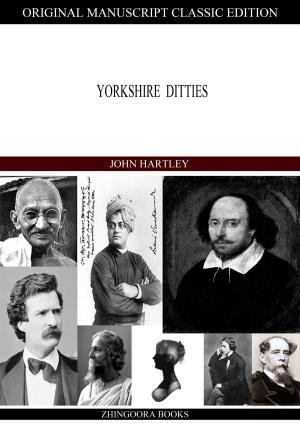
![Cover of the book History Of The Caliph Vathek [Christmas Summary Classics] by Ivan Turgenev](https://www.kuoky.com/images/2012/november/300x300/1230000032284-YinE_300x.jpg)
